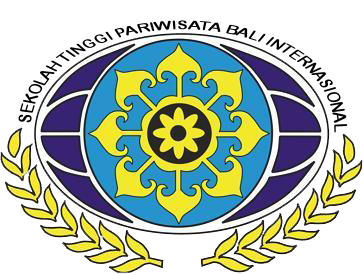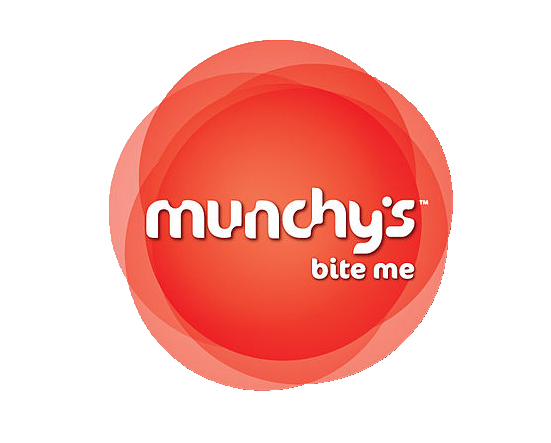PENGARUH EXPERIENTIAL MARKETING TERHADAP KEPUTUSAN PEMBELIAN KONSUMEN GENERASI MILLENIAL PADA PLATFORM E-COMMERCE
Abstract
Keywords: experiential marketing, purchasing decisions
Full Text:
PDFReferences
Andreani, Fransisca. 2007. Experiential Marketing (Sebuah Pendekatan Pemasaran).
Jurnal Manajemen Pemasaran, Vol. 2 no. 1 April 2007.
Ardjuno Wiwoho. 2008. Pengetahuan Tata Hidang. Erlangga. Jakarta.
Arikunto, S. 2010. Prosedur penelitian : Suatu Pendekatan Praktik. (Edisi.Revisi).
Rineka Cipta. Jakarta.
Endang Sulistya Rini. 2009. Menciptakan Pengalaman Konsumen dengan Experiential
Marketing. Jurnal Manajemen Bisnis, Volume 2, Nomor 1, Januari 2009: 1 – 6
Gersom Hendarsono dan Sugiono Sugiharto. 2013. Analisa Pengaruh Experiential
Marketing Terhadap Minat Beli Ulang Konsumen Cafe Buntos 99 Sidoarjo. Jurnal Manajemen Pemasaran Vol. 1, no. 2, 2013; 1-8
Ghozali, Imam, 2006. Aplikasi Analisis Multivarite dengan SPSS. Cetakan Keempat.
Badan Penerbit Universitas Diponegoro. Semarang.
Ratih Hurriyati. 2008. Bauran Pemasaran Jasa dan Loyalitas Konsumen. Alfabeta.
Bandung.
Schmitt, Bernd Schmitt. 1999. Experiential Marketing: How to Get Customers to Sense,
Feel, Think, Act, Relate. The Free Press. Ney York
Smilansky, Shaz. 2009. Experiential Marketing: A Practical Guide to Interactive Brand
Experiences. London and Philadelphia: Kogan Page.
Sugiyono. 2009. Metode Penelitian Kuantitatif, Kualitatif dan R&D. Alfabeta.
Bandung.
Uma Sekaran. 2006. Metodologi Penelitian untuk Bisnis Edisi 4 Buku 1. Salemba
Empat. Jakarta.
DOI: http://dx.doi.org/10.30813/ncci.v0i0.1276
Refbacks
- There are currently no refbacks.










